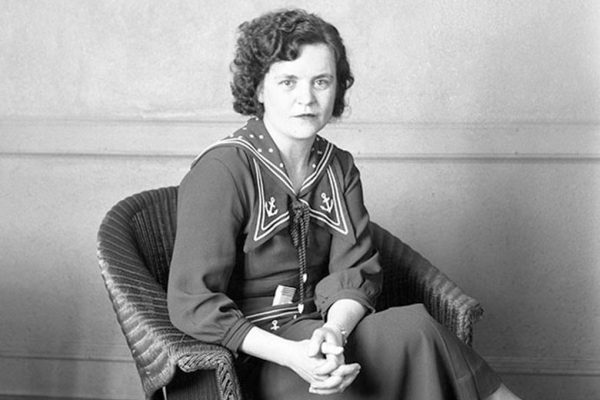WHM: Jennifer Doudna and Emmanuelle Charpentier
In a field that has historically downplayed the accomplishments of women, it is always good news to hear of a scientific breakthrough spearheaded by women. This was certainly the case in the discovery of the CRISPR-Cas9 mechanism, a molecular tool that can be used to make precise edits in the genome of a living organism. Both Jennifer Doudna and Emmanuelle Charpentier received the Nobel Prize in Chemistry in 2020 for this scientific breakthrough that has the potential to revolutionize the agriculture and medical industries. There is no doubt that their contributions to the field of biology will serve as motivation for countless young women in STEM. Here is a quick summary of their lives and academic backgrounds.
Jennifer Doudna (born February 19, 1964 in Washington, D.C.) is a Professor of Molecular and Cell Biology and Chemistry at UC Berkeley, where she acts as the head of the Doudna Lab, which conducts research related to CRISPR and its potential applications. Doudna earned her bachelor’s degree in chemistry from Pomona College in 1985. After earning her bachelor’s she began pursuing a doctorate in biochemistry at Harvard University under the mentorship of Jack Szostak. Her doctoral research was focused on RNA and its catalytic and self-replicating properties. She then proceeded to hold various post-doctoral fellowships at different universities until she settled down at UC Berkeley, where she is currently situated. As of right now, she directs the Innovative Genomics Institute, is a professor of molecular and cellular biology, and is the chair of the Chancellor’s Advisor Committee on Biology.
Emmanuelle Marie Charpentier (born December 11, 1968 in Juvisy-sur-Orge, France) is a French microbiologist who serves as the founding and acting director of the Max Planck Unit for the Science of Pathogens. Charpentier earned her undergraduate degree in biology, microbiology, biochemistry, and genetics from the University Pierre and Marie Curie in Paris. She later earned her doctorate at the Institut Pasteur with her dissertation focused on the mechanisms of antibiotic resistance in bacteria.
Charpentier met Doudna at a microbiology research conference in Puerto Rico. After the conference they began collaborating to discover the important mechanisms that allow the Cas9 proteins to make specific cuts in a DNA sequence. Since their landmark paper, many laboratories around the world have jumped on the CRISPR train, alongside the simultaneous founding of various biotechnology companies that use gene therapies based on CRISPR technology.









































































